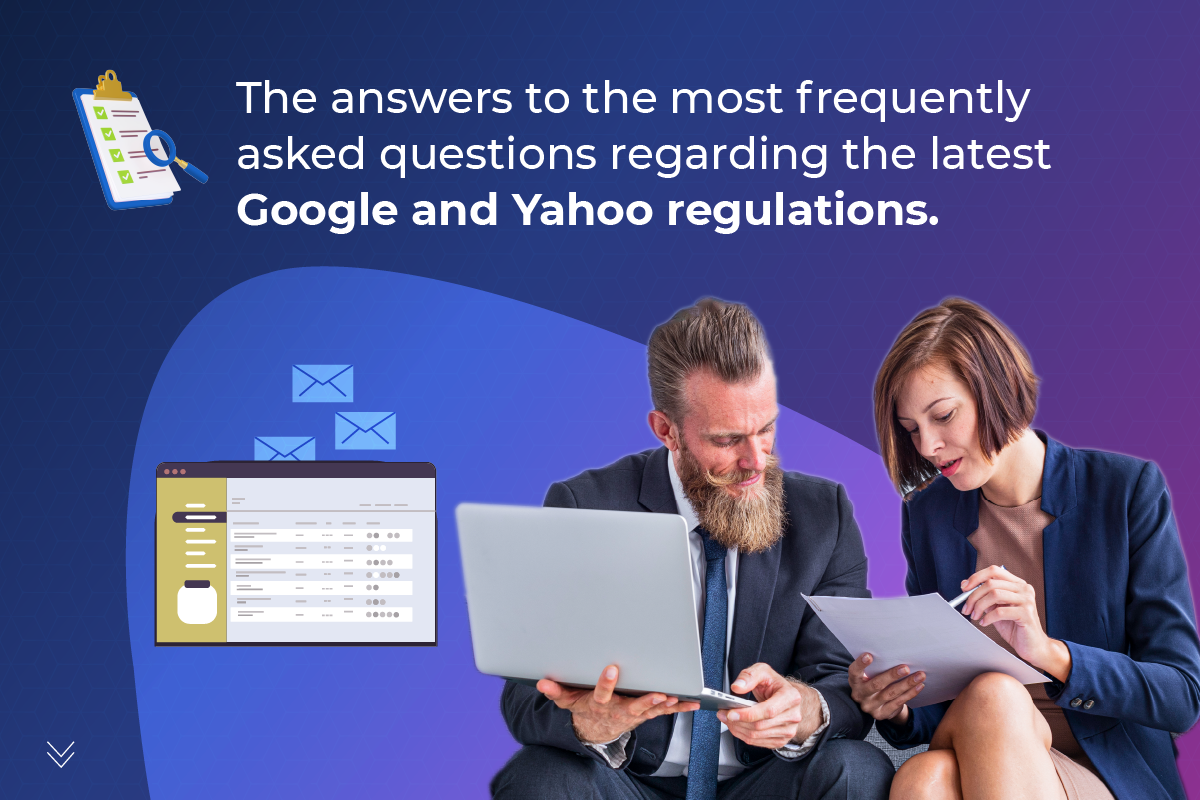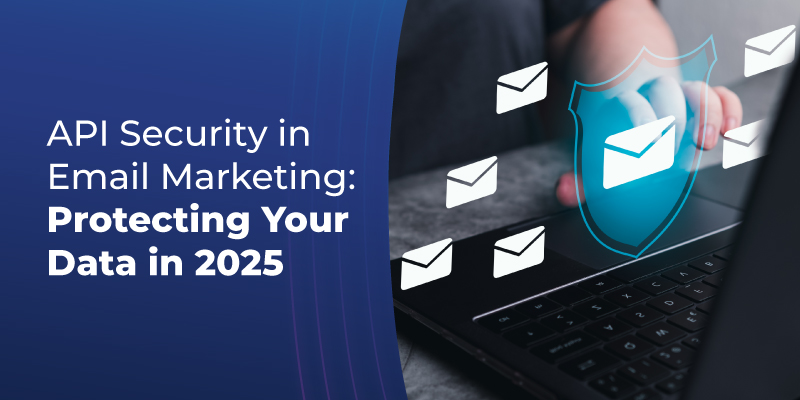
In light of the recent updates to email regulations by industry giants Google and Yahoo, navigating the intricacies of these changes can be daunting for email senders. As these regulations directly impact email deliverability and sender reputation, businesses must stay informed and compliant to ensure their messages reach their intended recipients' inboxes.
At SendClean, we understand the challenges these new regulations pose to email senders. That's why we're committed to comprehensively answering the most frequently asked questions regarding the latest Google and Yahoo regulations. We aim to equip businesses with the knowledge and understanding to adapt their email practices and maintain effective communication with their audience.
FAQs about Gmail & Yahoo’s Latest Updates
1. What are the latest updates from Gmail and Yahoo regarding email delivery?
Gmail and Yahoo have recently introduced new requirements for email senders to enhance inbox protection and ensure a better user experience for their subscribers. These updates include one-click unsubscribe, Stronger sender domain authentication, low spam threshold, and non-Gmail sender email.
2. What changes can email senders expect in terms of enforcement?
Beginning February 1st, 2024, email senders may experience deferrals for non-compliant emails, possibly with more substantive impacts starting April 1st, 2024. This could include email rejections if they must comply with the new requirements by Gmail and Yahoo.
3. How are bulk senders defined under the latest updates?
A bulk sender is a primary domain that dispatches over 5,000 emails to the designated inbox provider within 24 hours. This classification encompasses transactional and marketing emails and involves distinct obligations designed for bulk senders.
4. What distinguishes transactional emails from marketing emails?
Transactional emails are triggered by a user's interaction with a web app, such as purchase receipts or account confirmations while marketing emails primarily promote commercial products or services. Email senders must understand these distinctions to ensure compliance with the new requirements.
5. What is DMARC, and how does it affect email senders?
DMARC (Domain-based Message Authentication, Reporting, and Conformance) is a protocol that helps prevent email spoofing and phishing attacks by allowing domain owners to specify how their emails should be authenticated. Implementing DMARC policies is crucial for email senders to enhance email deliverability and security.
Read about DMARC compliance.
6. Do the new requirements include unsubscribe mechanisms?
The most recent updates from Gmail and Yahoo underscore the significance of offering simple and readily available unsubscribe options to email recipients. Adhering to unsubscribe mechanisms encompassing one-click unsubscribe functionality is vital for upholding sender reputation and meeting regulatory requirements.
7. What considerations should email senders keep in mind regarding spam rates?
Email senders should strive to maintain a low spam rate, with Google recommending a rate of 0.1% or lower for optimal deliverability. Consistently high spam rates may increase email filtering and impact email deliverability.
8. Are SPF and DKIM authentication required under the new updates?
Yes, both SPF (Sender Policy Framework) and DKIM (DomainKeys Identified Mail) authentication are mandatory for email senders to comply with the latest requirements from Gmail and Yahoo. These authentication protocols help verify the authenticity of email senders and prevent email spoofing.
9. How can email senders ensure compliance with the latest updates from Gmail and Yahoo?
Email senders can ensure compliance by familiarising themselves with the new requirements, implementing necessary changes to their email-sending practices, and regularly monitoring their email deliverability and sender reputation. Collaboration with reputable email service providers and adherence to industry best practices are also recommended.
10. Where can email senders find additional resources and support for navigating these updates?
Email senders can access resources provided by Gmail, Yahoo, and reputable email service providers for guidance on complying with the latest updates. Additionally, participating in webinars, forums, and industry events focused on email deliverability and security can offer valuable insights and support.
Conclusion:
In conclusion, staying informed about the latest updates from Gmail and Yahoo regarding email delivery is crucial for email senders to maintain optimal inbox deliverability and user engagement. By understanding and adhering to the enforcement measures, bulk sender classification, email type distinctions, DMARC implementation, unsubscribe mechanisms, spam rate considerations, SPF & DKIM authentication requirements, and compliance strategies outlined in this FAQ, email senders can navigate the evolving landscape of email regulations effectively. Additionally, leveraging resources and support from reputable sources can further enhance email deliverability and security practices. With proactive measures and ongoing diligence, email senders can ensure a positive sender reputation and improve the overall email experience for recipients.


